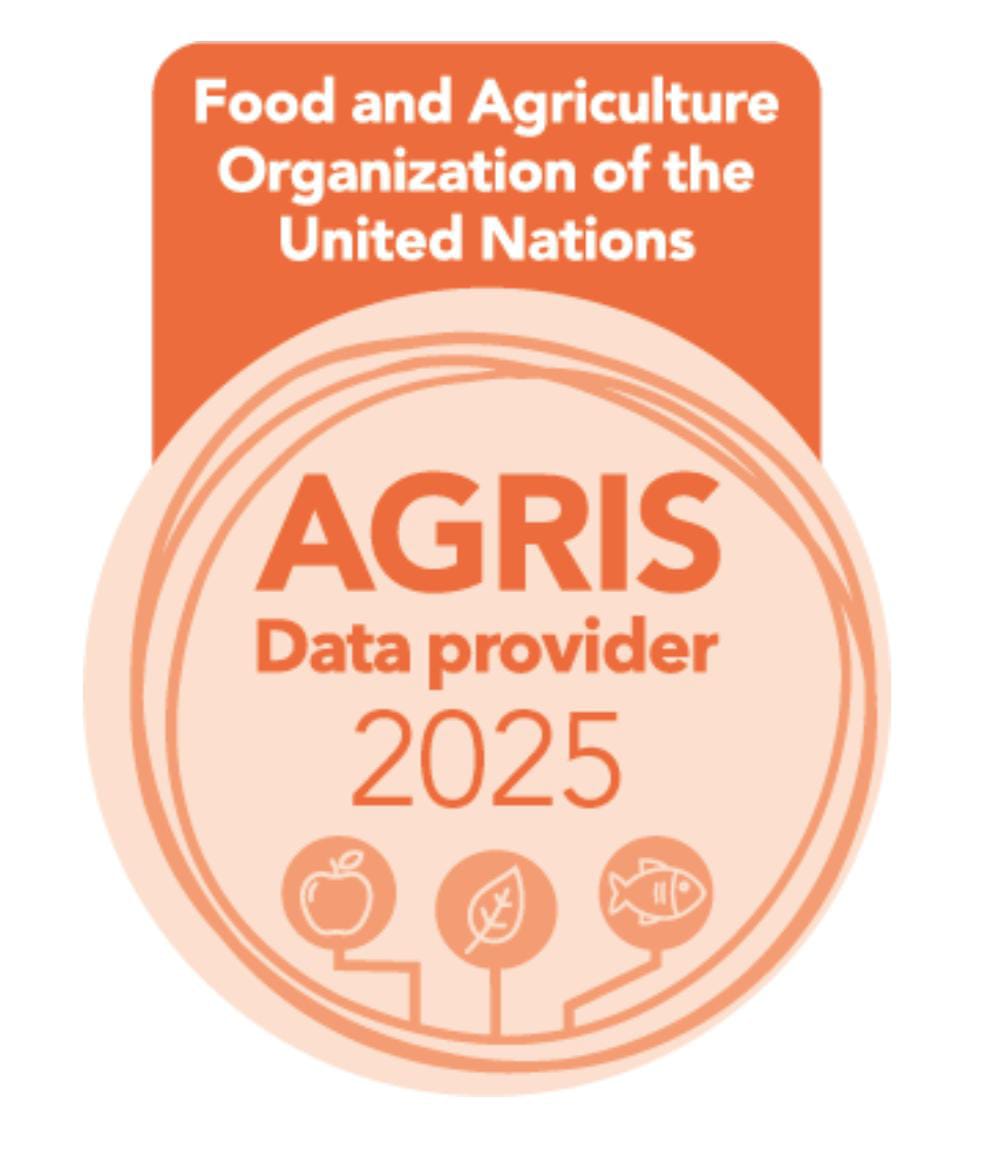Types of academic documents
The Peer-Reviewed Journal of Environmental Sciences accepts various types of academic papers that contribute to the advancement and dissemination of knowledge in the field of environmental sciences. The main types of papers we consider for publication are described below:
Review Articles:
Review articles are documents that synthesize and critically analyze the existing literature on a specific topic in the field of environmental sciences. These articles provide an up-to-date overview of a research area, identify knowledge gaps, and propose future research directions. Review articles should be supported by a comprehensive literature review and should present a critical and systematic analysis of the reviewed studies.
Review Article Format
- Title: The title of the article should be clear, concise and adequately represent the content of the review.
- Abstract: A structured abstract is required that includes the objectives of the review, the methods used, the main findings, and the conclusions.
- Introduction: Presents the context and justification of the review, establishing the objectives and research questions.
- Methods: Describes in detail the search and selection criteria for the literature reviewed, as well as the methods used to analyze and synthesize the included studies.
- Results: Presents and critically analyzes the findings of the reviewed studies, highlighting emerging trends and themes.
- Discussion: Examines and discusses the results in relation to the objectives of the review, identifying gaps in knowledge and proposing future research directions.
- Conclusions: Summarizes the main conclusions of the review and their relevance in the field of environmental sciences.
- Bibliographic references: Include all cited references following an appropriate citation and reference style.
Original Articles:
Original articles are novel scientific research papers that present original and significant results in the field of environmental sciences. These articles should include a clear formulation of the research problem, rigorous methodology, robust results supported by appropriate statistical analyses, and an in-depth discussion of the implications and impact of the findings. Original articles are expected to follow established ethical and methodological standards for scientific research.
Original Article Format
- Title: The title should be descriptive, clear, and adequately represent the content of the article.
- Abstract: A structured abstract is required that includes the research objectives, the methodology used, the main results and the conclusions.
- Introduction: Presents the context and justification of the research, establishing the objectives and research questions.
- Methods: Describe in detail the research design, participants or samples, procedures, and statistical techniques used.
- Results: Present the research results clearly, using tables, graphs, or other appropriate presentation formats. Include appropriate statistical analyses and conclusions based on the results.
- Discussion: Analyze and interpret the results in relation to the research objectives, compare them with previous studies, and discuss the implications and limitations of the study.
- Conclusions: Summarizes the main conclusions of the study and highlights its relevance and possible practical applications.
- Bibliographic references: Include all cited references following an appropriate citation and reference style.
Essays:
Essays are documents that present ideas and arguments based on the author's critical reflection and personal experience in the field of environmental science. Essays may address current issues, controversies, or emerging challenges in the environmental field. These documents may be more speculative and exploratory than research articles, but they should still be supported by a solid theoretical foundation and provide an original contribution to the debate in the field.
Essay Format
- Title: The title should be eye-catching and clearly represent the topic or central idea of the essay.
- Abstract: Essays do not require a structured abstract.
- Introduction: Presents the topic and central question of the essay, establishing the context and relevance in the field of environmental sciences.
- Development: Develop the essay's main argument, presenting ideas, analysis, and evidence that support the author's point of view. References can be used to support your arguments.
- Conclusions: Summarizes the main conclusions of the essay, emphasizing its relevance and possible implications in the field of environmental sciences .
- Bibliographic references: Include all cited references following an appropriate citation and reference style.
The Peer-Reviewed Journal of Environmental Sciences encourages the submission of all these types of scholarly papers to promote diversity of perspectives and the advancement of knowledge in the environmental sciences. All articles received undergo a rigorous peer-review process to ensure the quality and scientific validity of the published work.
Template - Arbitrated Journal Environmental Sciences


